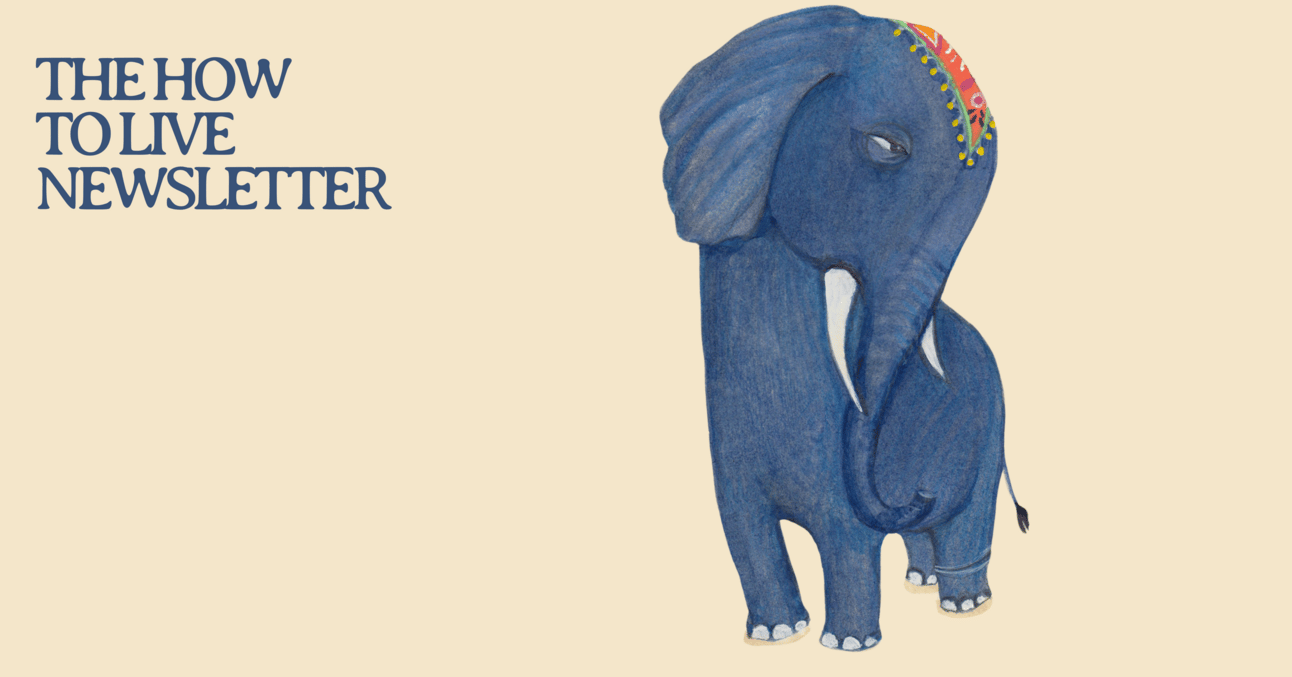Welcome to The How to Live Newsletter, where we uncover the hidden psychological forces shaping our lives—and holding us back.
Through deep research, personal storytelling, and hard-won insight, I challenge the myth of normalcy and offer new ways to face old struggles.
This newsletter is reader-supported—if it resonates, please consider a paid subscription for deeper insights, exclusive content, community, and an ad-free experience. ❤️
You can also donate any amount.
Learned Helplessness: How Well-Intentioned Parenting Cultivates Powerlessness in Adult Life
A mental cycle forms when you become trapped in distress: You become convinced that your stressful situation is interminable. It makes you feel helpless, and eventually, you start believing you are powerless, and it manifests.
When people believe they are helpless, they often turn down opportunities to improve their situations or even resist learning to help themselves because their feelings of helplessness are ingrained. They've become resigned to living in perpetual stress and anxiety that has led them to this place. Believe it or not, this condition is called " Learned helplessness," a developed trait identified in 1967 by psychologists Martin E. P. Seligman and Steven F. Maier.
For the first 25 years, I believed I had no control over my emotions. I felt held hostage by my panic disorder and believed everything I did would result in suffering tremendous emotional consequences.
Because the usual routines of childhood made me panic, they were removed from my life: My mother got me out of sleepovers; she picked me up halfway through a weekend at my father's when I called begging to return and canceled events for invitations I'd accepted far in advance when I was feeling brave.
The "solution" was to have someone remove the conditions that made me feel helpless. Because—I was convinced—it was only when the path was free of challenges that I'd be free to truly live.
Despite knowing that the path would never be entirely clear, I still hoped that I might one day arrive at that fantastical stretch of existence in which I had no challenges and could live with a freedom no one in the world has ever lived.
When, at 25, I was finally diagnosed with panic disorder, I realized that the only way to liberate myself from confinement was to face the fact that I was imprisoning myself. I needed to find a way out.
That's when I finally understood that the obstacles WERE the path and that having them removed for me had confined me to a prison of co-dependence. But I had to face my fears, learn to tolerate the obstacles, and not run from adversity to break free.
I grew up learning to surrender before trying, and while I easily could have grown into an adult who continued on that path, I didn't want that. So, I chose to live by my true nature, reclaiming the part of myself that is resourceful and risk-taking, which has been my life's work.
Because I've spent decades facing my fears and working to become self-reliant, I can get incredibly frustrated when I see an adult lose all ability to do something as simple and mundane as turning off a lamp in someone else's house. They give up before looking for the switch and rely on others to do what they believe they can't.
But I know it's even worse for the person who feels powerless. It's a type of depressed state that convinces you there is no way out.
There is a way out. There is always a way out.
Let me show you…
My most profound insights don't go in the free version—they're distilled from my 27 years in therapy, decades of independent study, and work as a mental health advocate. These deeper dives are reserved for readers committed to going deeper.
Join How to Live
Transformative concepts from a lifetime in therapy.
Get Immediate AccessA subscription gets you:
- All articles the moment they're published
- Instant access to the entire archive of 150+ posts
- Occasional bonus posts
- Invitations to seasonal in-person events
- Direct email access: get personalized resource recommendations + advice (ANNUAL PLAN ONLY)
- 15% off all workshops


